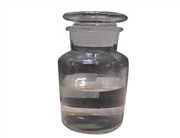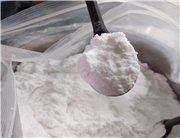whatsapp/ Skype:+8613734021967
mail:kaia@neputrading.com
wickr:kaiachia
Ropivacaine hydrochloride Properties
Melting point:267-269°C
alpha :D20 -7.28° (c = 2 in water)
storage temp. :Refrigerator
solubility :H2O: soluble5mg/mL, clear
color :white to off-white
InChIKey:VSHFRHVKMYGBJL-CKUXDGONSA-N
CAS DataBase Reference:132112-35-7(CAS DataBase Reference)
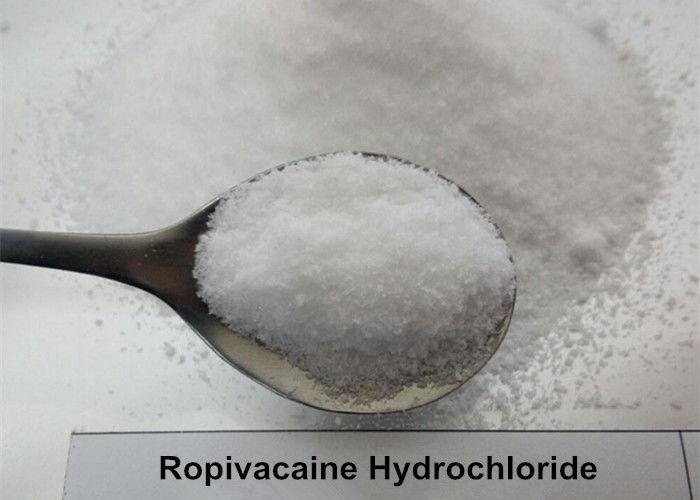
Ropivacaine is a local anaesthetic with a similar structure to bupivacaine. The drug has been approved for epidural blocks, field blocks and major nerve blocks. It can be used in surgery, during labour and for postoperative pain.
At high doses, ropivacaine produces surgical anaesthesia, while lower doses cause a sensory block. These effects begin within a few minutes and last for 2-6 hours when ropivacaine is used for field blocks. The onset is similar when the drug is used for lumbar epidural anaesthesia, but the duration is shorter. Ropivacaine is extensively metabolised, so it is not recommended for patients with hepatic dysfunction.
The adverse effects of ropivacaine are similar to those of bupivacaine and include hypotension, bradycardia, nausea and vomiting. There is some evidence from animal studies that ropivacaine has less central nervous system and cardiovascular toxicity than bupivacaine. Acute systemic toxicity can cause convulsions, apnoea and cardiac arrest.

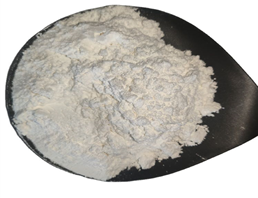
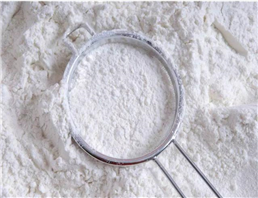
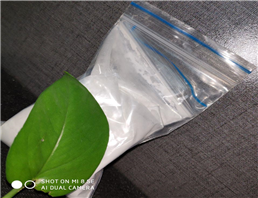
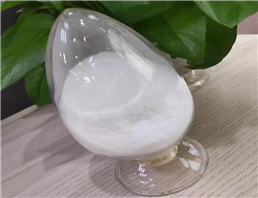
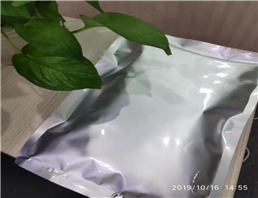

 China
China

